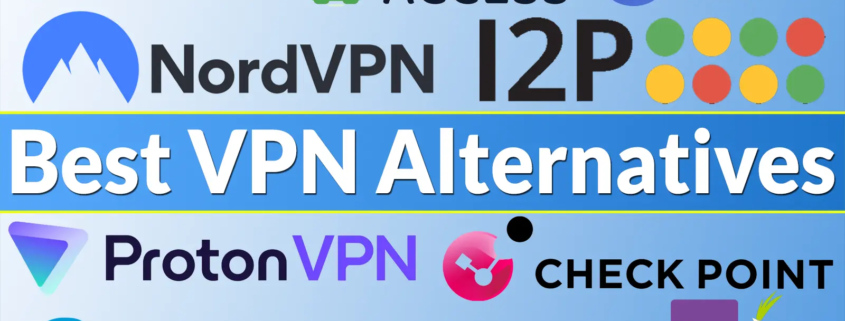Top Antivirus Alternatives to Google Play Protect
In the ever-evolving digital landscape, Android devices have emerged as a prime target for malicious actors. Despite Google’s efforts to fortify its platform with Google Play Protect, recent studies reveal that this built-in security measure falls short in comparison to other antivirus solutions. As of February 14, 2024, Android users are strongly advised to consider alternative antivirus options to safeguard their devices and data.
Google Play Protect: An Inadequate Guard
Google Play Protect, a security feature pre-installed on Android devices, is designed to detect and eliminate harmful apps. However, recent findings from AV-TEST, an independent organization specializing in IT security and antivirus research, expose the deficiencies of this shield. In a six-month endurance test, Google Play Protect demonstrated a significantly lower malware detection rate than its competitors, leaving Android users vulnerable to a multitude of threats.
Top Alternatives to Google Play Protect
In the quest for optimal protection, Android users have access to a plethora of free antivirus software options. Let’s explore some of the leading choices:
- AVG Antivirus: With over 100 million downloads on Google Play, AVG Antivirus offers robust protection against viruses, malware, and privacy intrusions.
- Norton 360: Mobile Security: This comprehensive security solution boasts advanced features such as a smart firewall, web protection, and app adviser.
- Avast Antivirus: Avast provides real-time protection, ensuring that your device remains secure from the latest threats.
- Dr. Web Security Space: Recognized for its high detection rates, Dr. Web offers a reliable defense against various malware.
- Kaspersky Antivirus & VPN: Kaspersky’s combination of antivirus and VPN technologies guarantees privacy and security across multiple fronts.
- Lookout Security & Antivirus: In addition to antivirus protection, Lookout provides features such as identity protection and safe browsing.
- Bitdefender Mobile Security: Bitdefender’s antivirus engine and comprehensive security tools ensure top-notch protection for your Android device.
- ESET Mobile Security & Antivirus:…


